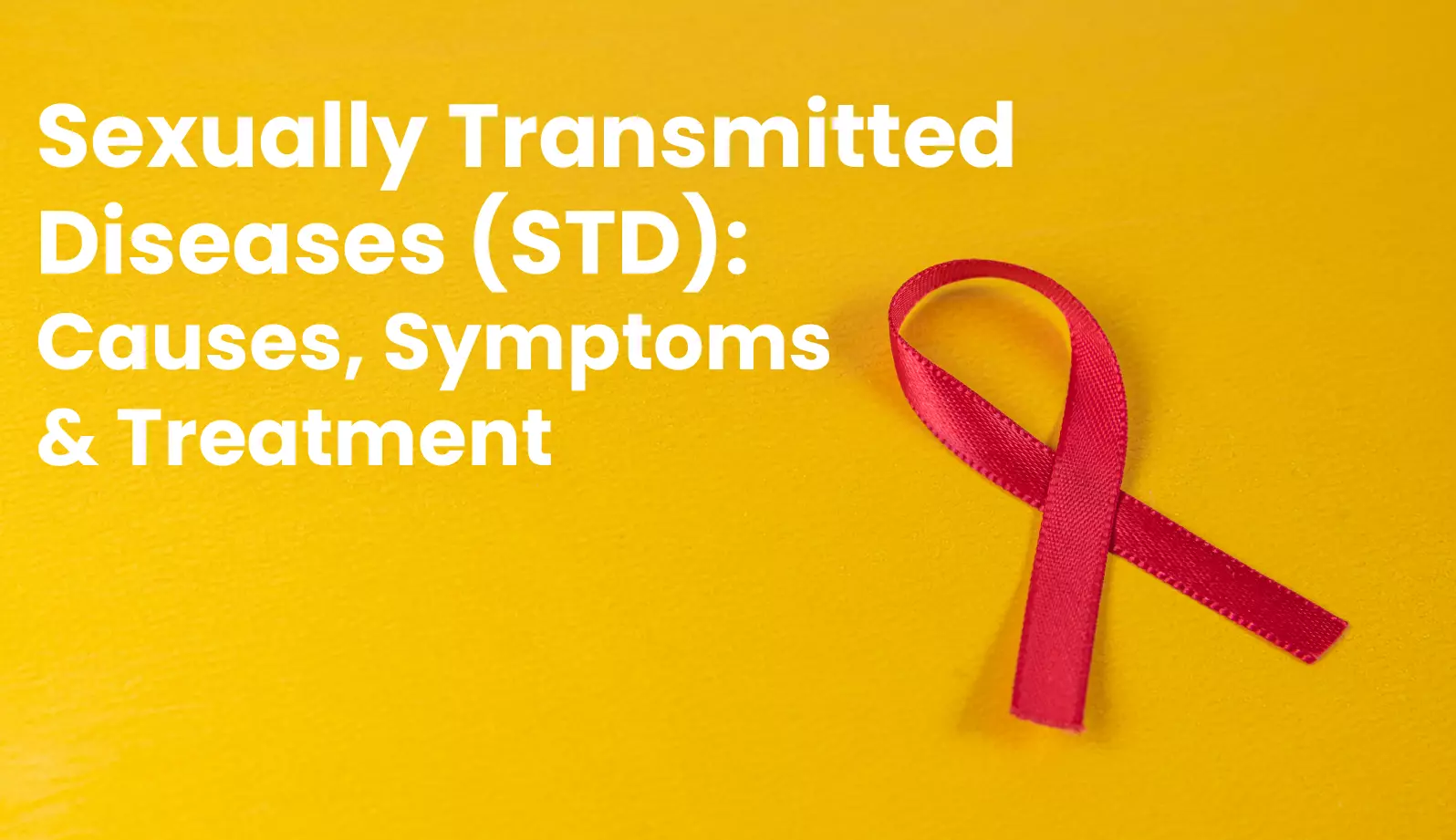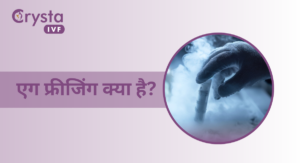What are STDs?
Sexually transmitted diseases (STDs) are infections transmitted from one person to another person by sexual contact. They are also called sexually transmitted infections (STIs) and are considered unpleasant infections among men and women.
By WHO, approx 1 million people contract sexually transmitted diseases every day. STDs rank among the top 5 health problems and have a significant impact on reproductive and sexual health.
What are the causes of STDs?
Sexually transmitted diseases result from unprotected sexual activity. It affects the person when the person comes in contact with the infected one.
There are more than 30 different viruses, bacteria, and parasites that cause STDs.
STDs causing viruses include;
- HIV/AIDS
- Cytomegalovirus,
- Herpes simplex virus,
- Hepatitis B virus,
- Human papillomavirus, and
- Zika
STDs causing bacteria include;
- Gonorrhea
- Syphilis
- Chlamydia.
STDs causing parasites include trichomoniasis. It can also be spread by insects like scabies, mites or crab lice.
What are the types of STDs?
There are many different types of STDs (sexually transmitted diseases) due to the wide range of factors that cause them to develop.
Common sexually transmitted infections are as below:
- Chlamydial infections
- Gonococcal infections
- Bacterial vaginosis
- Genital herpes simplex
- Cervicitis
- Epididymitis
- Human papillomavirus (genital warts)
- Syphilis
- Trichomoniasis
- Pelvic inflammatory disease
- Lymphogranuloma venereum
- Scabies
- Pediculosis pubis
- Non – gonococcal urethritis
What is the mode of transmission of STDs?
STDs are transmitted to another person by direct sexual contact or by indirect sexual contact.
It can spread directly through sexual contact through:
- Oral intercourse,
- Vaginal sexual intercourse, and
- Anal intercourse by exchanging body fluids like semen, saliva, and blood
STDs like herpes, syphilis, gonorrhoea, chlamydia, HIV, and trichomoniasis develop without having sex. They can spread through;
- Blood transfusion
- Tissue transfer
- Sharing a needle,
- During pregnancy or childbirth or breastfeeding, from mother to infant.
However, STDs cannot spread to other people by simply touching the person, by handshake, sharing seats, clothes, or using the same toilet.
What are the symptoms of STDs?
The majority of the time, there are no symptoms experienced by the person infected with STDs. Therefore, even if mild symptoms occur, it may not be diagnosed as a sexually transmitted disease.
Some sexually transmitted diseases with no symptoms are Hepatitis B, chlamydia, HIV, gonorrhoea, genital herpes, trichomoniasis, and HPV.
The symptoms experienced by both women and men are:
Women experience the following symptoms:
- Pain in and around the pelvic area
- A feeling of itching or burning sensation in the vagina
- Yellow discharge from the vagina
- Pain and burning sensation while urinating or passing stools
- Bumps, blisters, or sores in the mouth, vagina, or anus
- Unusual vaginal bleeding
- Frequent urge to use the washroom
Men experience the following symptoms:
- Discharge from the penis with the burning sensation
- Bumps, blisters, or sores in the mouth, penis, or anus
- Genital pain
- Pain during urinating or passing stools
- Frequent visits to the washroom
What is the management of STDs?
The management of STDs involves antibiotics coupled with counselling, education, and prevention for the infected individual and partner.
The treatment of STDs may be curable or difficult, but timely detection and treatment can reduce the chance of infection.
Some of the completely curable STDs are chlamydia, gonorrhoea, syphilis, and trichomoniasis. Chlamydial STDs yet show no symptoms but can be treated effectively with a course of antibiotics.
Before treatment, people first undergo testing to find the cause of the disease, such as bacteria, viruses, and parasites. As the prescription of medication can only begin after the source of infection has been determined.
Management of bacterial STDs
It is possible to treat bacterial infections with antibiotics. A course of antibiotics should follow as given by your physician for at least 7 days.
There’s a likelihood of reinfection. So it becomes necessary to follow the safety measures. For example, do not have sexual contact with your partner while taking medication since it may increase the likelihood of blisters, bumps, and sores healing faster.
If the source of infection is from a virus, your physician will be prescribing you antiviral drugs. Antiviral medications are administered to slow down the disease process but are still difficult to cure.
In HIV-infected individuals, antiretroviral therapy helps to lower HIV blood concentrations and restore their immune system.
Symptomatic treatment of STDs
The treatment options also depend upon the symptoms experienced by the person due to infection, including abdominal pain, urethral discharge, vaginal discharge, and genital ulcers, which the doctor will treat accordingly.
What are the preventive tips for STDs?
The use of condoms prevents sexually transmitted diseases. They are an effective method of protecting against HIV and other STDs. Using them consistently and correctly reduces the risk of infection.
Also, immunization plays a crucial role in preventing infection and recurrence. HPV and Hepatitis B are safe and effective vaccines to protect against STDs
The proper use of condoms, safe sex practices, and maintaining personal hygiene can help prevent STDs. It is not advisable to share partners’ toothbrushes, razors, or sexual accessories to avoid the risk of STDs.
Avoid drinking alcohol and drugs use.
Education about safe sexual practices, vaccinations, hygiene, and birth control pills is necessary to prevent STDs.
How can we help in managing STDs?
As a fertility centre, our doctors can help infertile patients with STD and realize your dream of becoming a parent. Our fertility experts give you proper counselling, education along with prevention measures, and regular follow-up.
During the free consultation, our doctors at Crysta IVF will discuss preventive and education measures with you and your partner to discuss your treatment and the associated risks.
Conclusion
In a nutshell, STDs are one of the most common sexual diseases, affecting both males and females. There are different treatment courses for sexually transmitted diseases depending on the underlying cause. Along with the treatment course, preventive measures are vital to prevent the recurrence and persistence of disease.




